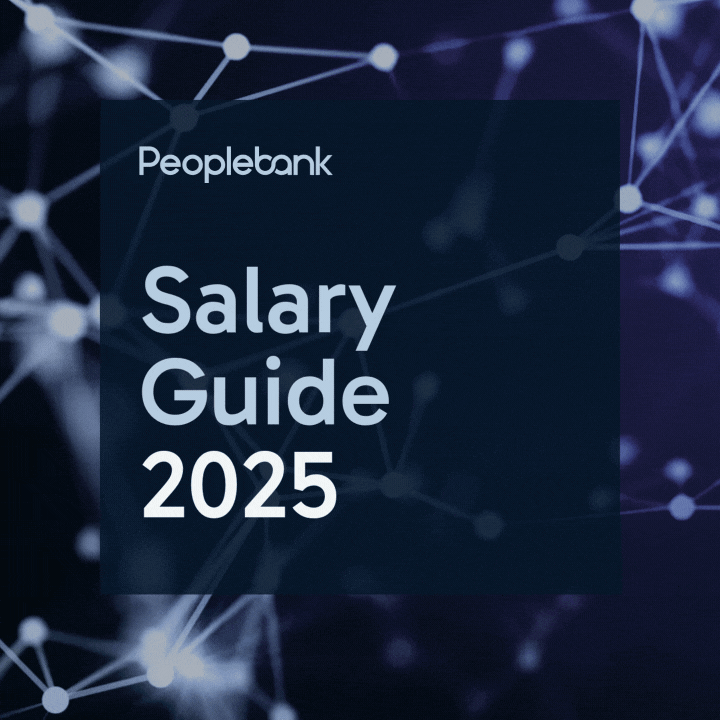Managing Anxiety: 4 Quotes that Calm me at Work
Anxiety was an intense part of my life when I was growing up. Though, at that time, I had no idea it had a name. Only in high school did I realise that, that the pressure from school, the stress of different people and certain friendships were causing me to be even more anxious. With this heightened sense of anxiety, I was experiencing panic attacks. Because of the panic attacks, I decided to investigate what was happening to me.
When I was diagnosed with a particular social anxiety I began to understand a lot of the ways I reacted to situations throughout my life. I understood and gave myself some slack as to why I sometimes felt I needed to be silent or removed from others. After a trip around India with family, turning eighteen and forcing myself to become more social I was at a point with my anxiety where I was completely open to receiving help, instead of feeling sorry for myself about it. When going through this process, I randomly (yes, literally randomly) came across a book in a store and was enticed by its bright yellow front cover. Philosophy for Life: And Other Dangerous Situations by Jules Evans – the book that changed my life. (This is why one of your goals this year should be reading a developmental book!)

Five years down the track, I still read all the quotes I highlighted. (Ask my family, I always mention it).
This is not an ad. Evans’ book simply changed my perspective for the better. My life has been made easier by reading it. Evans’ fuses historical philosophy with modern psychology. What worked for me might not work for you, but it’s worth a read if you feel anxious about social situations (or anxious in general), and let your cynical outlook run your emotions and moods. When I finished university and knew I had to break into the workforce, of course, my anxiety peaked again. I re-read this book, and my attitude changed from fear to excitement. Work often brings out the cynic in all of us, but the power of positive psychology can be tremendously helpful in helping us be realists, instead of pessimists. Work isn’t always easy, but for most of us it’s necessary – this is just one way I go about calming any anxieties.
I will mention just four quotes that I keep in mind to this day, especially at work and in business because I feel they are consistently relevant.
1. Most of my worries about work had to do with becoming anxious or fearful of my colleagues and boss’s judgement. So, when this fear arises I think of this quote:
“We are all of us richer than we think we are. Yet we’ve forgotten what power is within us, so we go begging outside of ourselves for it.”
With anxiety, and even without it, we can carry a lot of self-doubts. This quote reminds me that I am capable, I have a strong skill set and I am more intelligent than I think. I do not need to have acceptance from others to feel worthy or smart. I already know I am (in a non-arrogant way). This kind of thinking helps us receive criticism better because we don’t take it so personally. We can understand that colleague’s or managers suggestions are not bad feedback, they’re just helping words to encourage our growth.
2. Another nerve factor for me was whether I would find a company/organisation that I would feel comfortable in.
“For Aristotle, friendship in its highest form has a political or civic dimension. We love our friends not just because we like each other or are useful to each other, but because we share the same values and ideals for our society, and come together to advance those ideals.”
This passage was about friendship. But as Aristotle put it, there is a ‘civic dimension’. It reminds me of what to look for in an office environment – what kind of community I want to be part of. I want to work with people who carry similar ideals to me, and for a company that has a common, agreed upon goal. Whilst it’s hard to have the same ideals as everyone you work with (personally speaking), collectively, a company with a strong and happy culture will have a bunch of people who you can connect with in some way. And importantly for the business, when employees all want it to succeed and grow towards a common aim their actions align with each other and help to ‘advance those ideals.’

3. Now that I’m working full time, sometimes I worry about having a plain bad day.
“Things don’t happen to you, they just happen.”
Indeed, they do. It’s easy to kick up a fuss on a bad day and ask the world ‘Why me?’ but it’s not just happening to you. Stuff just happens, and when you let go of being a victim, you see problems from all different kinds of angles. Most importantly in business, you can see things from other people’s perspectives. We can begin to understand why people do things when we realise that they’re not just ‘happening to us.’
4. And of course, as human nature ensues, I can react negatively to undesirable occurrences (sometimes with anger, sadness or frustration).
“Men are disturbed not by things, but by their opinions about them.”
This is a curious quote. We think that things or events upset us, but realistically – it is our thoughts about those things and events. If we linger less on the negative aspect of certain happenings, we are able to move forward in a better and faster way. When we let go of our thoughts on the matter we give less power to our ego and we accept things as facts – moving on to the next thing that we can do something about, rather than being angry about something we cannot change.

I’m not saying this book cured my anxiety (Can anything just cure it?). Anxiety is something that has to be managed consistently in ways which work for each individual. But this book definitely handed me some ancient perspectives in a fresh way. At least now I think twice about my own negative thoughts, especially at work where carrying around negativity is a serious liability.
This blog is the first in a series of ‘Staff Stories’ that Peoplebank would like to share with our network. As a company, we understand that many professionals spend most of their time at work. The aim of this series is to create a deeper thought process when it comes to the people we work with. We are striving to create understanding when it comes to peoples working life and what inspires and drives them. In gaining a deeper understanding, we learn, and we appreciate. Thank you for reading.






















